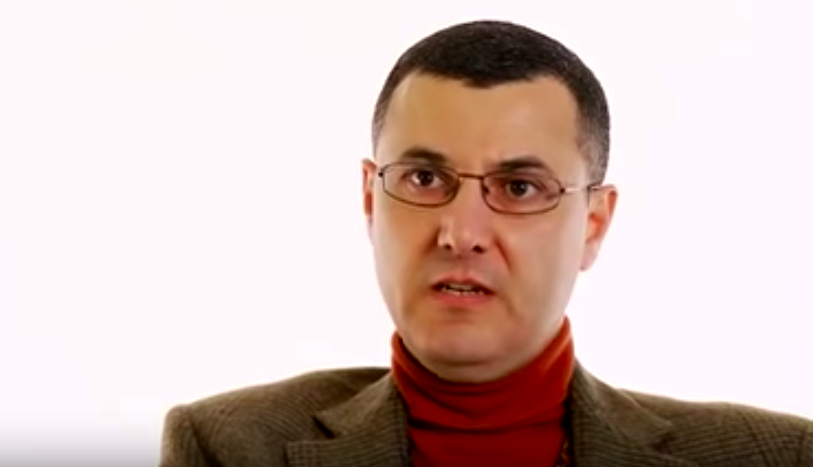T’ruah calls on U.S. immigration authorities to reverse their decision to deny entry to Palestinian activist Omar Barghouti. We damage our moral standing as a nation when we refuse entry to those with whom our political leaders dissent.
Though he had valid documentation to visit the United States on a speaking tour, Barghouti was told Wednesday when he arrived for his flight from Ben Gurion Airport that U.S. immigration officials had ordered the U.S. consul in Tel Aviv to deny him permission to enter the United States. Barghouti is well known as the founder and one of the most prominent leaders of the Boycott, Divestment and Sanctions (BDS) Movement, and was scheduled to speak with American audiences, including in conversation with noted Jewish and pro-Israel writer and speaker Peter Beinart.
While T’ruah does not advocate for BDS or affiliate with the global BDS movement, we support engagement and open debate with those who advocate for non-violent protest. We have spoken out when Israel has banned American activists from entering or has harassed them at the airport, and the same democratic values apply in the United States. Not only is this an injustice to Barghouti and the people who wish to hear him, but it sets a very dangerous and undemocratic precedent.
Gagging dissent doesn’t just fly in the face of American civil liberties. It also conflicts with millennia of Jewish practice and some of our most core values. The ancient rabbis knew that transparency is the hallmark of human rights. In the Talmud, Rabbi Shimon bar Yochai, Rabbi Yehudah and Rabbi Yose were each asked what they thought of the Romans’ bathhouses, markets and bridges. Rabbi Yehuda praised the Romans, Rabbi Yose was silent, and Rabbi Shimon criticized the Romans for putting their self-interest above God. When the Roman emperor heard, he rewarded Rabbi Yehuda with a government position, banished Rabbi Yose, and sentenced Rabbi Shimon to death (though he fled to a cave and hid). Instead of being like Rome, the Talmudic example of an oppressive empire, the American government should heed this lesson of the Talmud and welcome the contributions of its critics.
To interview T’ruah Executive Director Rabbi Jill Jacobs contact Julie Wiener at jwiener@truah.org.
T’ruah: The Rabbinic Call for Human Rights mobilizes a network of 2,000 rabbis and cantors from all streams of Judaism that, together with the Jewish community, act on the Jewish imperative to respect and advance the human rights of all people. Grounded in Torah and our Jewish historical experience and guided by the Universal Declaration of Human Rights, we call upon Jews to assert Jewish values by raising our voices and taking concrete steps to protect and expand human rights in North America, Israel, and the occupied Palestinian territories.

